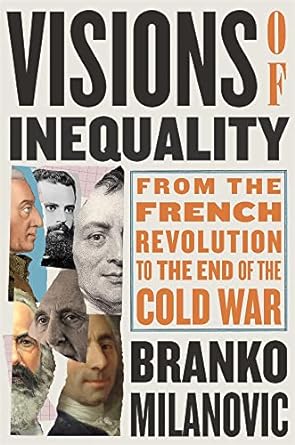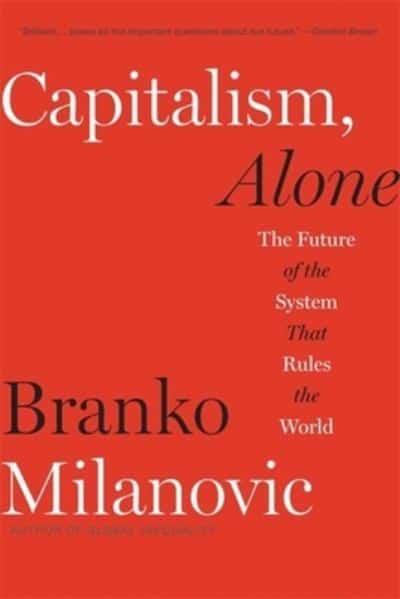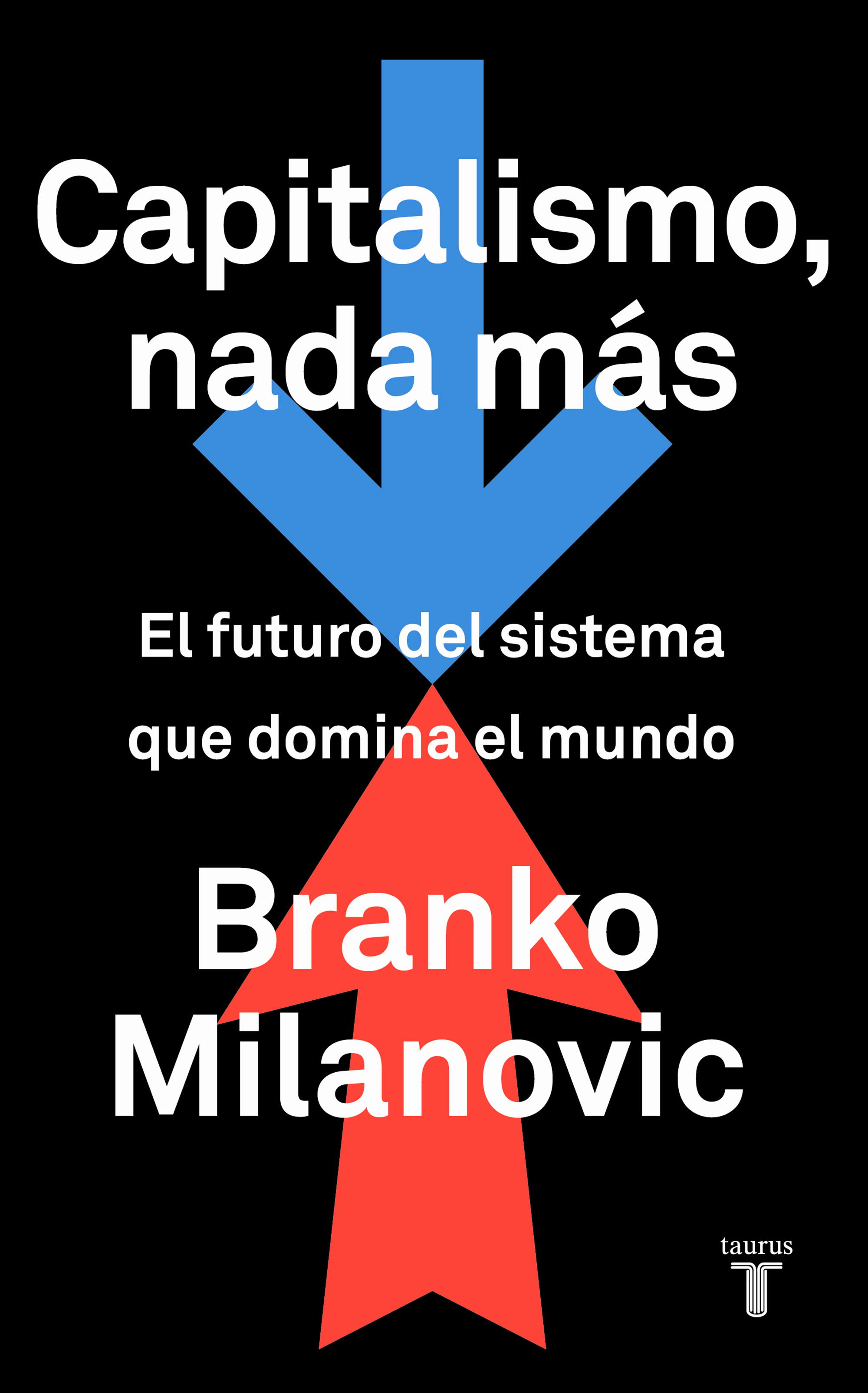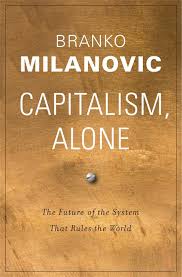Visions of inequality
from the French Revolution to the end of the Cold War
- ISBN: 9780674264144
- Editorial: Harvard University Press
- Fecha de la edición: 2023
- Lugar de la edición: Cambridge (Mass.). Estados Unidos de Norteamérica
- Encuadernación: Cartoné
- Medidas: 24 cm
- Nº Pág.: 359
- Idiomas: Inglés

How do you see income distribution in your time, and how and why do you expect it to change?” That is the question Branko Milanovic imagines posing to six of history's most influential economists: François Quesnay, Adam Smith, David Ricardo, Karl Marx, Vilfredo Pareto, and Simon Kuznets. Probing their works in the context of their lives, he charts the evolution of thinking about inequality, showing just how much views have varied among ages and societies. Indeed, Milanovic argues, we cannot speak of “inequality” as a general concept: any analysis of it is inextricably linked to a particular time and place.
Visions of Inequality takes us from Quesnay and the physiocrats, for whom social classes were prescribed by law, through the classic nineteenth-century treatises of Smith, Ricardo, and Marx, who saw class as a purely economic category driven by means of production. It shows how Pareto reconceived class as a matter of elites versus the rest of the population, while Kuznets saw inequality arising from the urban-rural divide. And it explains why inequality studies were eclipsed during the Cold War, before their remarkable resurgence as a central preoccupation in economics today.
Meticulously extracting each author’s view of income distribution from their often voluminous writings, Milanovic offers an invaluable genealogy of the discourse surrounding inequality. These intellectual portraits are infused not only with a deep understanding of economic theory but also with psychological nuance, reconstructing each thinker’s outlook given what was knowable to them within their historical contexts and methodologies.
1 François Quesnay: Social Classes in a “Rich Agricultural Kingdom” 31
2 Adam Smith: “Progress of Opulence” and an Implicit Theory of Income Distribution 47
3 The Ricardian Windfall: David Ricardo and the Absence of the Equity–Efficiency Trade-off 82
4 Karl Marx: The Decreasing Rate of Profit but Constant Pressure on Labor Incomes 106
5 Vilfredo Pareto: From Classes to Individuals 163
6 Simon Kuznets: Inequality during Modernization 189
7 The Long Eclipse of Inequality Studies during the Cold War 217
Epilogue: The New Beginning 287










